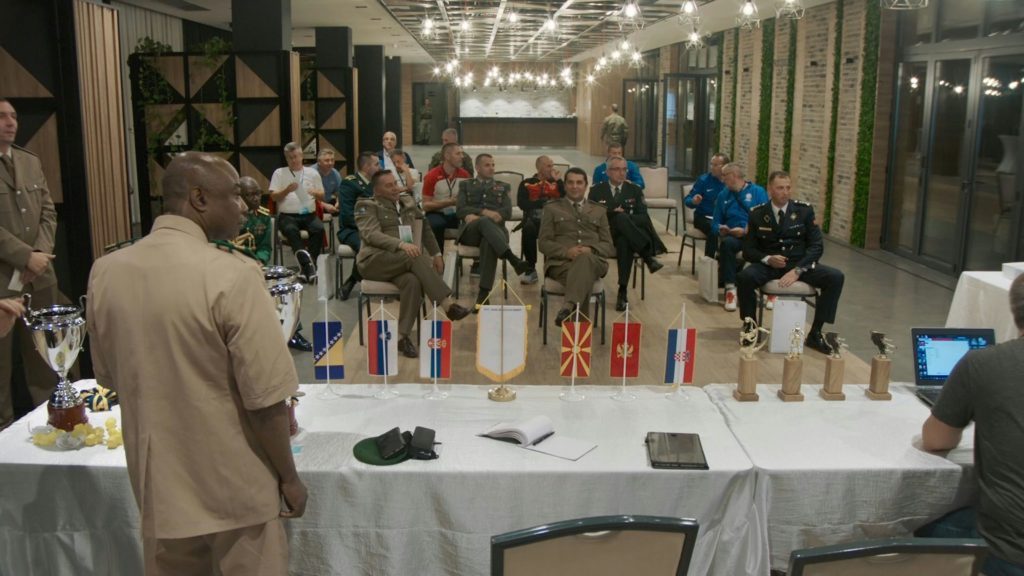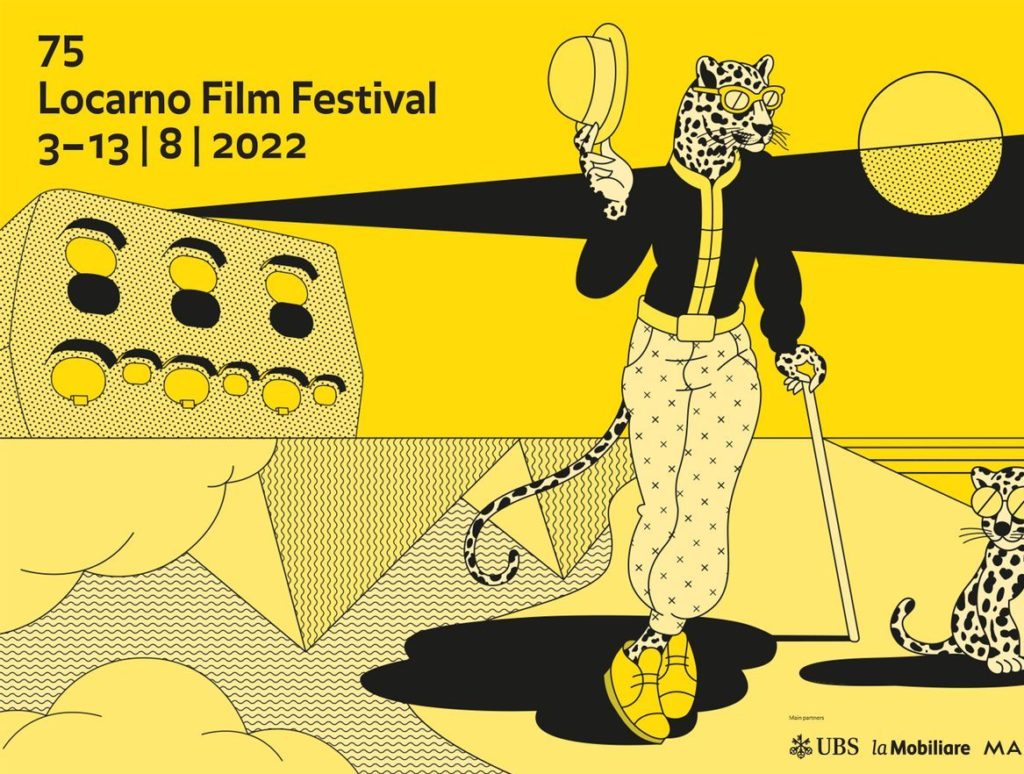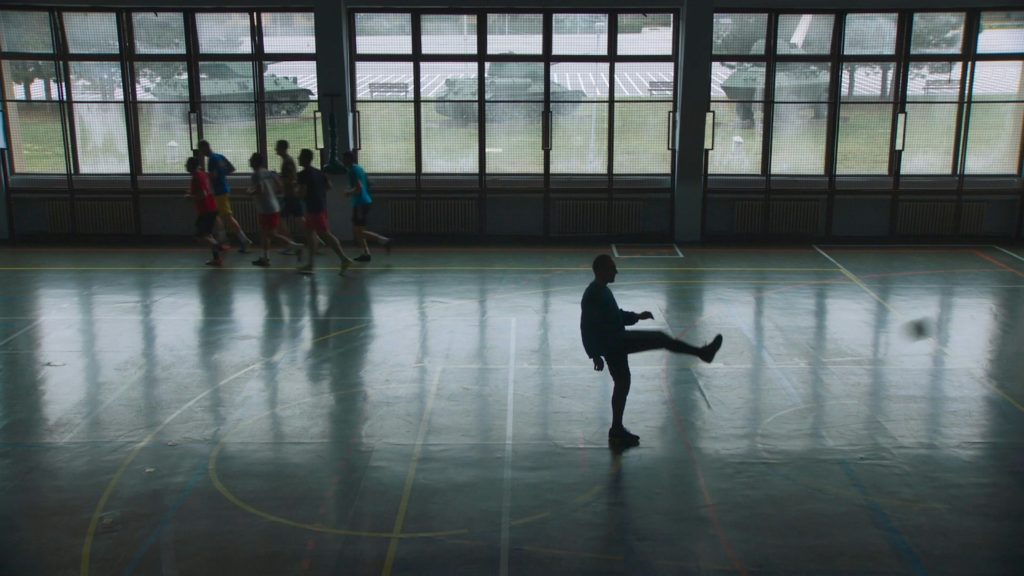Locarno review: Balls (2022)
Pardi di Domani
International Competition

Although it happened three decades ago, the consequences of Yugoslav wars are still felt in public spaces of all the Yugoslav former republics, now the independent countries. It is still a fascinating topic, even for generations that do not remember the war that well. The trouble is that there is a certain sense that just one spark could be enough to re-ignite all the hatred and violence from the early 90s, and Gorana Jovanović, born in 1988 and known for her award-winning short Armadila (2020) is aware of it.
Her newest short Balls, premiering at Locarno, deals with the war in Yugoslavia, its aftermath and chances of rekindling it in an intriguing way that would be perfectly clear for the (post-)Yugoslav audiences, but somewhat cryptic for those not aware of the early 90s “lore”. However, Jovanović’s sense of structuring and executing it on the craft level is so fitting the subject that it will be explained in not so many words (and with no dialogue) even to those that have little idea about the historical events.
The central part of the film is an observational documentary that follows the Serbian Army indoor football team on its participation in a tournament in Sarajevo, Bosnia and Herzegovina, where it played against the army teams of other ex-Yugoslav countries: Slovenia, Croatia, Bosnia and Herzegovina, Montenegro and North Macedonia. Jovanović uses long static shots taken from longer distance to capture the ceremony and the protocol rather than the action in the sports hall. There is also a bit of irony in the fact that the members of the Serbian Army are now visiting Sarajevo in a different manner than 30 years ago, and Jovanović emphasizes it by filming the toponyms that still witness the 80s greatness of the former Olympic city and serve as the symbols of devastation and destruction, from the City Hall to the now rarely used bob sled track on Trebević mountain just outside the city.

But the “intro” and the “outro” of Balls, done in a similar, mirroring way, are crucial for understanding the context and the causes both of the war in the past and the potential conflict in the future. Both the segments are set against the music of the oldies covers that are revealing some of the contextual information. However, the visual components of them are quite different, as the introductory part uses the archival material from the infamous Hajduk vs Partizan 1990 football game (one of two that ended up as riots announcing the impeding war and the death of Yugoslavia), while the end segment shows the new generation of football fans marching down the streets and shouting slogans closely accompanied by the police.
While the restrained, almost clinical execution by the hands of the DoP Lev Predan Kowarski, the sound recordist and designer Luka Barajević (who is also the film’s main producer through his company Bare) and Jovanović herself who also serves as the film’s editor suggests the attempt to see the events from the past and the present from a certain distance, the suggested implications are actually a bit frightening, since the football fandom is less about the game and the club, and it serves more as a pressure group and recruitment camp for sinister things. We should be very afraid, because the past is lurking behind the corner.

Original title: Lopte
Year: 2022
Runtime: 22’ 30’’
Countries: Serbia, Slovenia
Language: no dialogue, overheard conversations in Bosnian and English, music in Serbo-Croatian
Directed by: Gorana Jovanović
Cinematography by: Lev Predan Kowarski
Editing by: Gorana Jovanović
Sound design by: Luka Barajević
Sound recording by: Luka Barajević
Sound mix by: Jakov Munižaba
Visual effects by: Ana Pakljanac
Colourist: Jure Teržan
Produced by: Luka Barajević, Gorana Jovanović
Co-produced by: Jure Teržan, Martina Lajtner
Production companies: Bare, Studio Korektif
Supported by: Film Centre of Serbia
















